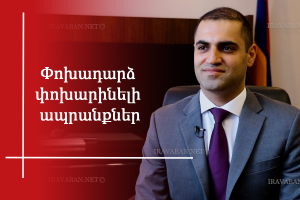Anti-corruption national and international laws are equally applicable to all enterprises regardless of their size. There is no exception for small businesses. However, there is a general approach among regulators, according to which the measures taken by the company to reduce the corruption risk should be proportional to the size of the company and the risks to which it is exposed.
An Anti-Corruption Compliance Program, regardless of how its input has been incorporated, involves proper policies and procedures, company employees and managers’ training, availability of systems that enable them to answer questions raised, investigate abuses, and provide ongoing analysis and improvement of programs:
Proper division of functions of compliance and ethics and management responsibilities should be clearly defined.
|
An example of organising compliance for middle-sized companies |
|||
|
Board of directors or equivalent governing body |
|||
|
Legal Consel
|
CECO | ||
| Compliance Committee | |||
Compliance is not the sole responsibility of the CECO. Ultimately, the management and the board are responsible for ensuring that the company is in full compliance with applicable laws and its internal rules.
It is up to management to ensure that policies and procedures are followed and compliance controls are properly implemented. Effective compliance must be a partnership between the CECO and management..
Source: International Private Breastfeeding Center
This material has been prepared in the scope of the “Armenia: Promoting Anti-Corruption Conduct and Reforms” Project implemented by the “Center for International Private Enterprise”, the “Armenian Lawyers’ Association” NGO, the “Corporate Governance Center” NGO and the “Yerevan Chamber of Commerce and Industry” with financial support of the National Endowment for Democracy. The project is implemented as a co-financing to the “Commitment to Constructive Dialogue” action implemented with the financial support of the European Union by a Consortium comprising the “Armenian Lawyers’ Association” NGO, the “Armenian Center for Democratic Education-CIVITAS” NGO, the “International Center for Human Development” NGO, the “SME Cooperation Association” NGO, the Union of Communities of Armenia, as well as “Agora Central Europe” NGO (Czech Republic). The contents of this material are the sole responsibility of the “Armenian Lawyers’ Association” NGO and can in no way be taken to reflect the views of the National Endowment for Democracy and the European Union.
Alisa Chilingaryan















